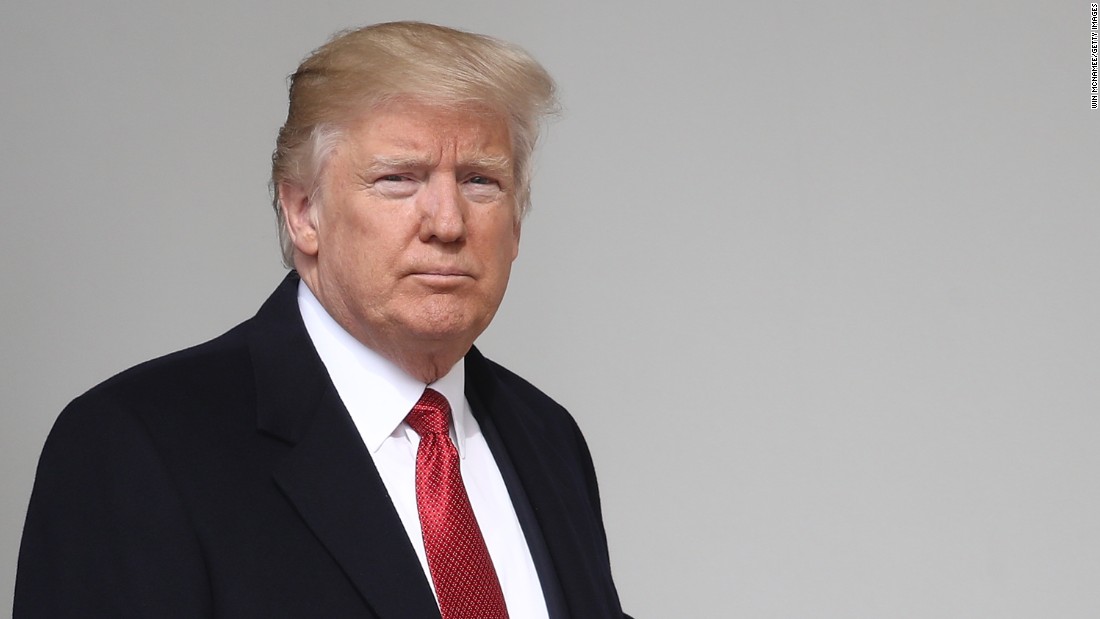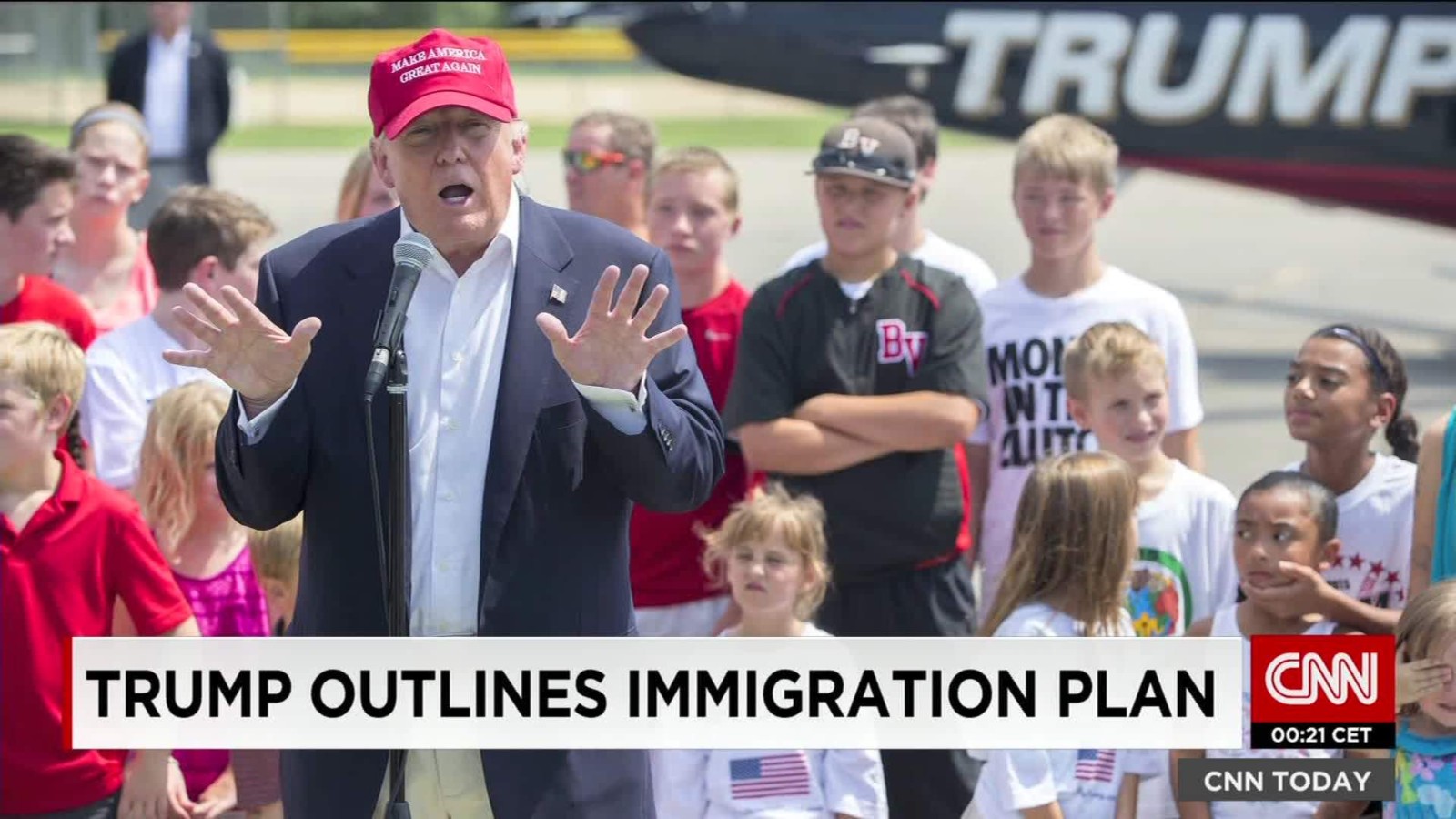Trump Blocks Testimony On Migrant Data Use: The Inside Scoop You Need
Donald Trump has once again become the center of attention as he blocks testimony related to migrant data use. This move is sparking debates across the nation, raising questions about transparency, accountability, and the role of executive power in shaping immigration policy. But what’s really going on behind the scenes? Let’s dive in and break it down for you.
Picture this: it’s 2023, and the political landscape is as heated as ever. Trump’s decision to block testimony regarding how migrant data is being used has sent shockwaves through Washington and beyond. This isn’t just about politics; it’s about the rights of individuals, the responsibilities of government, and the future of immigration policy in America. So, why does this matter? Because every decision made at this level affects millions of lives.
As we unpack this story, we’ll explore the details, the implications, and what this means for both migrants and U.S. citizens. Whether you’re a policy wonk, a concerned citizen, or just someone trying to stay informed, this is one story you don’t want to miss. Let’s get into it!
Read also:Connie Francis Shares Her Journey Of Overcoming Adversity At Age 80
What’s the Deal with Trump Blocking Testimony?
Let’s start with the basics. When we talk about Trump blocking testimony on migrant data use, we’re referring to a situation where key officials were supposed to testify before Congress about how the administration handles migrant data. Instead, Trump stepped in and said, “Not so fast.” This isn’t the first time he’s done something like this, but the stakes feel higher this time around.
Why Is Migrant Data Important?
Migrant data is more than just numbers on a spreadsheet. It includes personal information like names, addresses, family ties, and even health records. This data is critical for making informed decisions about immigration policy, but it also raises serious concerns about privacy and security. Imagine your personal information floating around in a system where not everyone has your best interests at heart. Scary, right?
Some argue that Trump’s move to block testimony is about protecting sensitive information, while others see it as an attempt to hide potentially damaging details. Whatever the reason, it’s clear that this issue isn’t going away anytime soon.
Who’s Affected by This Decision?
The short answer? Pretty much everyone. Migrants, policymakers, and even average Americans have a stake in this game. Here’s a quick breakdown:
- Migrants: They’re the ones whose data is being collected, analyzed, and potentially misused. This decision could impact their ability to seek asylum, reunite with family, or even stay in the country legally.
- Policymakers: Without access to accurate data, lawmakers are flying blind when it comes to crafting effective immigration policies. This could lead to more confusion, delays, and frustration for everyone involved.
- Average Americans: While it might not seem like it affects them directly, the way migrant data is handled can influence everything from national security to economic growth. It’s a ripple effect that touches all of us.
Why Is Transparency So Important?
Transparency isn’t just a buzzword; it’s the foundation of a healthy democracy. When the government keeps its actions hidden, it erodes trust and fuels suspicion. In this case, blocking testimony about migrant data use sends a clear message: “We don’t want you to know what we’re doing.”
Read also:Oprahs Introduction To Auntie Annes Pretzels A Story From Ava Duvernay
What Are the Risks of Lack of Transparency?
There are several risks involved when transparency is lacking:
- Misinformation: Without clear information, rumors and false narratives can spread like wildfire.
- Erosion of Trust: When people feel like they’re being kept in the dark, they’re less likely to trust their leaders or institutions.
- Poor Decision-Making: Policies based on incomplete or inaccurate data can lead to unintended consequences and harm those they’re supposed to help.
What Does the Law Say?
Now, let’s talk about the legal side of things. The Constitution gives Congress the power to oversee executive actions, including how migrant data is used. By blocking testimony, Trump is essentially challenging that authority. But can he do that? The answer isn’t as simple as you might think.
Executive Privilege vs. Congressional Oversight
Executive privilege is a legal doctrine that allows the president to withhold certain information from Congress and the public. However, this privilege isn’t unlimited. In the past, courts have ruled that Congress has the right to demand information if it’s necessary for legislative purposes. This creates a delicate balance between the branches of government.
What’s the Public’s Reaction?
As you can imagine, this move hasn’t gone over well with everyone. Public opinion is divided, with some praising Trump for standing up to Congress and others criticizing him for undermining democracy. Social media is ablaze with debates, memes, and hashtags, each side trying to make its voice heard.
Key Stats to Consider
According to a recent survey by Pew Research:
- 65% of Americans believe transparency is crucial for government accountability.
- 43% think Trump’s actions are justified, while 52% disagree.
- 78% say they’re concerned about how migrant data is being used.
What’s Next for Migrant Data Policy?
The future of migrant data policy is uncertain, but one thing is clear: this issue isn’t going away anytime soon. As Congress continues to push for answers, Trump’s administration will likely face increasing pressure to cooperate. But will they? Only time will tell.
Possible Outcomes
Here are a few potential scenarios:
- Compromise: Both sides come to an agreement, allowing limited access to certain data while protecting sensitive information.
- Court Battle: The matter ends up in the courts, where judges will have the final say on whether Trump’s actions were legal.
- Stalemate: Neither side budges, leading to further gridlock and frustration for everyone involved.
How Does This Impact You?
Whether you’re directly affected by immigration policy or not, this issue has implications for all of us. It’s about more than just migrant data; it’s about the principles of transparency, accountability, and the rule of law. These are the building blocks of a functioning society, and we all have a stake in preserving them.
What Can You Do?
If you’re concerned about this issue, there are a few things you can do:
- Stay Informed: Keep up with the latest developments and don’t rely on just one source for your information.
- Speak Up: Contact your representatives and let them know where you stand on this issue.
- Get Involved: Support organizations working to protect migrant rights and promote transparency in government.
Wrapping It Up
Trump blocking testimony on migrant data use is just the latest chapter in a long-running saga of political drama and policy battles. While it’s easy to get caught up in the headlines, it’s important to remember the bigger picture. This isn’t just about one person or one administration; it’s about the values and principles that define our nation.
So, what’s the takeaway? Transparency matters. Accountability matters. And your voice matters. Whether you’re shouting from the rooftops or quietly reading this article, you have the power to make a difference. Now’s the time to use it.
What are your thoughts on this issue? Drop a comment below and let’s keep the conversation going!
Table of Contents
Article Recommendations


